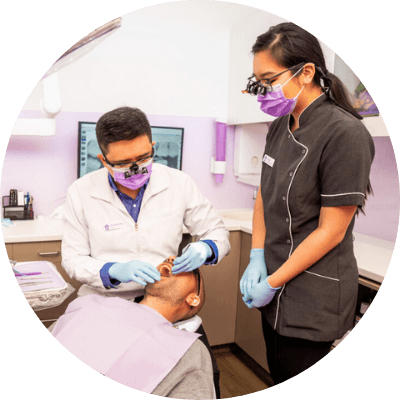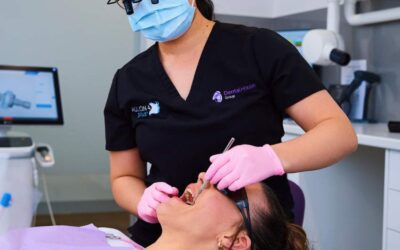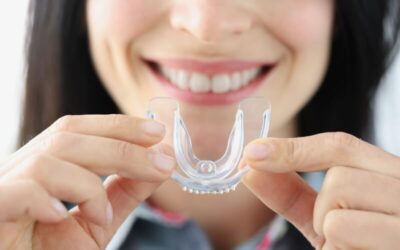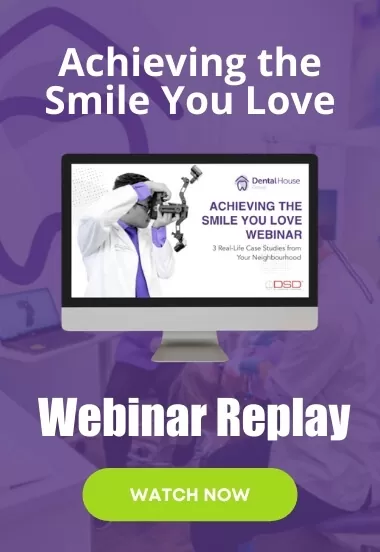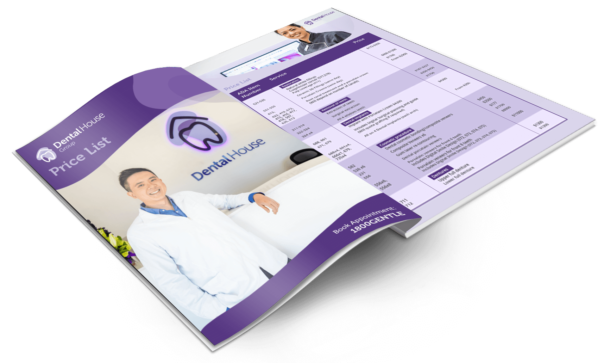Could The Surge In Pneumonia In Children Be Related To Their Teeth Brushing?
Could The Surge In Pneumonia In Children Be Related To Their Teeth Brushing?
Bet you didn’t know that. And you probably have International Talk Like a Pirate Day marked on your calendar: a celebration of all things piratey, originally declared by a coterie of Oregonian racquet ballers on 6 June 1995.
Like good buccaneers, for no good reason they commandeered 19 September for it and never gave it back.
Could be that 6 June is proof that the only rules that matter are these – what a man can do and what a man can’t do.
Were pneumonia Captain Jack Sparrow aboard the Black Pearl in conversation with Davy Jones, it would indeed go like this:
Davy Jones: “I wonder, Jack Sparrow, can you live with this? Can you condemn an innocent man, a friend, to a lifetime of servitude in your name while you roam free?”
Sparrow’s reply, after thinking for a second: “Yep. I’m good with it.”
Just as Edward Teach slips his Blackbeard under the radar for most, so does World Pneumonia Day.
As equally unsurprising is the uncommon knowledge that this lung infection goes by many names; and that the number of types tallies with the seven seas: aspiration, chemical, community-acquired, bacterial, viral, fungal and walking (where you’re not confined to bed, and probably spreading it).
So what is it, exactly?
Pneumonia is the inflammation of one, or both lungs where the air sacs – or alveoli – are filled with fluid or pus. The affliction itself isn’t contagious but the virus or bacteria responsible for it certainly is.
Breathing in black mould does it. Fungi spore is found in soil, air and clinical environments like hospitals (hello, Beastie). Pneumocystis, Cryptococcus and Aspergillus are other fungi that are not so fun in the realm of easy air-in-air-out.
Every 43 seconds it would’ve taken 1710’s Queen Anne’s Revenge to travel a watery 1.74 metres, UNICEF tells us that a child dies from lung-fever, lobar pneumonia, croupous pneumonia, pneumococcal pneumonia, bronchopneumonia, nosocomial pneumonia, double pneumonia, pneumonitis or pneumocytosis – in other words, pneumonia.
Also known as the ‘old person’s friend’ this respiratory infection is a frenemy at best, and certainly not limited to the elderly. Children under the age of four are particularly susceptible.
In 2021 worldwide on a daily basis, pneumonia ended the lives of 2,000 under-5 children. More than 2 million adults succumbed to the disease that year – something like one death every 13 seconds.
So in just under every minute of every day, two people leave this mortal coil because of pneumonia.
Recently, its increased risk has been linked to oral bacteria by scientists.
Which makes teeth brushing not only for fresh breath – it’s for breath.
Respiratory disease has been associated with poor dental health since the University of Toronto’s Dr Amir Azarpazhooh and researcher James L. Leake revealed it in the early 2000s.
The latest studies in that realm have found that changes in oral bacteria precede the development of pneumonia.
Could this be part of the reason for the 2024 infection increase in Australian primary school children?
Unless there’s been vast improvement since the published polls of 2018, one-in-three Australian children don’t brush their teeth twice a day. One-in-ten has had a decayed tooth pulled before their eighth birthday.
Shiver me timbers!
That’s pretty poor for a country ranked as the fourth richest in the world. What’s really hard to swallow is that it’s also Number 3 on the list of nations with the worst teeth.
Really?
What on earth are we doing?
We live in a politically stable nation, unmarred by invasion or war. Economically, even with the Reserve Bank racking up almost $40 billion debt in 2022, it can soak up some of those bond losses by literally printing money. Notes cost around 32c to produce, and are offloaded for between five, and a hundred bucks.
So the country will never go broke.
Not so, for our domestic dental health. It’s shamefully broken with systems that don’t support it, and personal bank loans required to cover it.
One-in-twenty-five Australians over the age of 15 don’t have their natural teeth.
Thirty percent of the population have some form of gum disease. The average expenditure per capita on dental care is $432.
Comparatively, Australians spend $260 a year on alcohol, and a stupefying $760 on tobacco products.
We’re paying the price of ignoring that not all treasure is silver and gold, mate. This is either madness …or brilliance. It’s remarkable how often those two traits coincide.
Ostensibly, it’s a case of, “Nobody move! I’ve dropped me brain.”
Sorry mate, couldn’t resist. All with an ‘Ahoy’ to Captain Jack Sparrow.
More than double the number for the same month in 2019 prior to the COVID-19 pandemic.
Professor Mark Ferson, a senior medical advisor at the South East Sydney Local Health District’s public health unit, attributes the increase as the likely result of a spike in bacterial mycoplasma pneumonia in the northern hemisphere – an infectious disease suspected to have entered Australia via travellers during the holiday period, and spread among the petri-dish that schools can be.
It coincides with the first outbreak of whooping cough since 2016; another infection spread by bacteria.
Its usual 4-year return was interrupted by the pandemic. The many youngsters left without immunity to it furthered their chances of developing pneumonia.
Certainly there is a vaccine for pneumococcal disease, but even without it transmission is minimised by hand washing and mask wearing in public.
When school returns after a long break, there’s often a flood of viral and bacterial infections, with the likes of chicken pox and pneumonia become more common.
This time, it’s anticipated to take about twelve months to resume the status quo.
The viruses of chicken pox, whooping cough and pneumonia all enter the body via the nose or mouth. So even to a layman, it makes sense that teeth brushing must have an affect on that.
Have there been any studies?
Interestingly, research on minimising the spread of coronavirus-2 published in May 2023, cites frequent and regular brushing with sodium laurel sulphate based toothpaste (SLS; both controversial and common) showed “viral particle inactivation”.
The hypothesis was that the oral viral load could be decreased by the frequency of teeth brushing with the probability of SLS being a good enough assisting agent.
Indeed it does; and yes it is.
The study suggests that optimum results occur when teeth are brushed 3-4 times a day after meals, and for 3-5 minutes – more recurrent, and teeth brushing for longer than we’re generally accustomed. Even brisk rinsing with a toothpaste solution for 5-6 minutes proved to lower the chance of infection.
Could this change in oral hygiene practices also help as an at-home regimen for gum disease? After all, it’s bacterial too.
Keeping your toothbrush in white vinegar for anti-bacterial purposes is a perspicuous thought; it presupposes that with each use, it’s not harbouring the very microbes it attempts to remove. There’s nothing scientific in that; just a bit of logic applied to a harmless process with a possibly positive outcome.
The raw message with minimising the risk of 5-16-year-olds contracting pneumonia (and other viral and bacterial infections) is to brush up.
And that means parents brushing up on their involvement in their kids’ oral health. Be a good model for a healthy mouth. Do all the things you know you should and probably don’t.
Do you know that your kids brush, or do you just tell them to? Are you sure of their proper technique, or is it simply assumed? Do you remember how easy it is for anyone under the age of 20 to consider 30 seconds a lifetime?
Kids and teenagers are not self-maintaining, and nor is their oral health. Spend on it regularly. Spend time with it frequently.
DISCLAIMER:
The content has been made available for informational and educational purposes only. Melton Dental House does not make any representation or warranties with respect to the accuracy, applicability, fitness, or completeness of the content.
The content is not intended to be a substitute for professional personal diagnosis or treatment. Always seek the advice of your dentist or another qualified health provider with any questions you may have regarding a dental or medical condition. Never disregard professional advice or delay seeking it because of something you have read or seen on the Site.
Services Mentioned
More Dental Articles
Red, Red Wine: Is It Beneficial For Oral Health?
Is red, red wine beneficial for our oral health? Or does it just feel good at the time & if you overdo it you feel like cr*p the next morning…
Detecting Oral Cancer Is Given The Brush
In 2020, Oral Cancer accounted for almost 380,000 cases, and 180,000 deaths globally. It’s on the increase with diagnosis incidents…
What Is Dental Sleep Medicine? It’s Not Sleep Dentistry
Dental Sleep Medicine is the intersection of dentistry with issues affecting sleep. Snoring, sleep apnoea, & related breathing disorders…
What Does Teledentistry Bring To Oral Health?
Tele. Such an interesting prefix. It communicates; it tells you. It’d probably be a homonym or a homophone or a homograph something like that if it wasn’t a prefix. At one time, it was a word. ‘Tele’ was the accepted spelling of the contraction of ‘television’ before...





